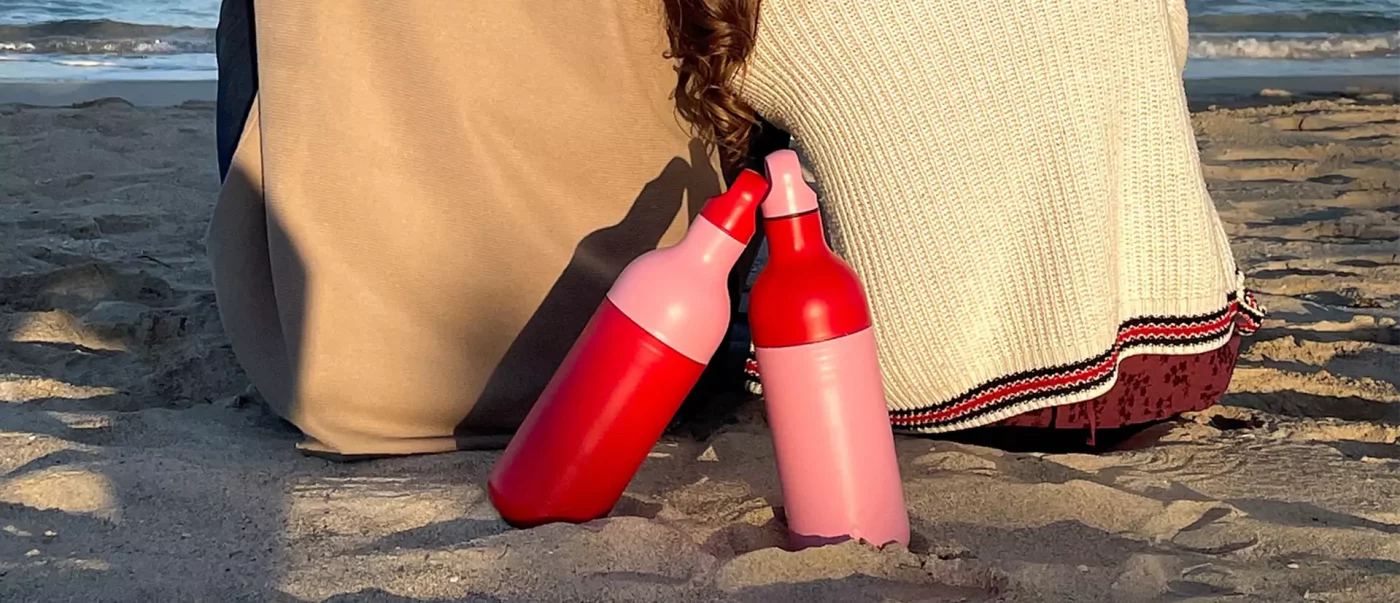It is now common knowledge that plastic producers cynically pushed recycling as a way of alleviating consumer concerns about the amount of waste they were creating. Curbside recycling fostered this delusion that everything we threw away was being put into service somewhere for someone, but it wasn’t.
The public exposure of the 50-year-old lie of recycling has understandably bred a cynicism in the US consumer around recycling. Even some in the circular economy ecosystem view recycling as a non-starter of an idea. This over-reaction is an unfortunate error.
Just because something starts out on a bad footing doesn’t mean that it can’t recover. The United States constitution built a flawed foundation in the area of, “We are all free, except for you and you and definitely not you.” But the history of this country is a story of slow progress towards making good on its initial rhetoric by increasing the franchise, though two steps forward, one step back.
Recycling and reuse go hand in hand as necessary solutions to our environmental dilemma. The main reason it was easy for the oil/plastic producers to pull off the recycling con is exactly because recycling is such an obviously good idea in the first place. We consumers halfway conned ourselves. Recycling remains a good idea, regardless of how butt-hurt we are by having been lied to. If someone said that they wanted to go to dinner but then you didn’t go to dinner, you wouldn’t be mad at “going to dinner,” so don’t get mad at recycling.
Instead of rejecting it, we need to accelerate companies, like Buoy, who are actually doing it and build a wall around California then the US, such that these valuable resources no longer leave our country to become semi-toxic kindling in South Asia.
These days, a version of the recycling grift has been taken over by producers of compostable containers who are playing a similar game: soothing us into thinking that all compostable containers are being composted into soil for organic strawberry farms, which they most definitely are not and do not have the potential to be. (There’s a future installment on compostables that will be a barnburner.)
So long as there are consumers who will believe the yarn, there will be producers of single-use items convincing (conning) us that once we throw their product away, it will dissolve into fairy farts or be turned into something useful, like fertile soil or a construction brick, because making something that a consumer throws away 15 minutes after they start using it is a very profitable business that corporations are not going to give up without a fight.
Copyright 2023, Buoy

